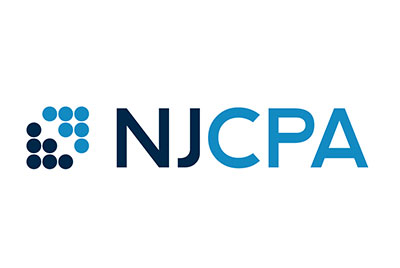The CPA Licensure Pathway Debate
–
November 18, 2024

In September, the American Institute of CPAs (AICPA) and the National Association of State Boards of Accountancy (NASBA) unveiled a proposed alternative pathway to the standard 150-hour requirement for CPA licensure. They are also recommending changes to the Uniform Accountancy Act (UAA). Comments on the proposals are due Dec. 6 and Dec. 30, respectively.
The NJCPA supports an alternative pathway to licensure, but we have fundamental differences with the AICPA/NASBA proposal on how to get there.
The basis of our recommendations is to ensure ease and to streamline the process to reduce barriers to licensure while supporting the rigor that is expected to enter the profession. Our position on the two proposals is based on feedback from a survey of NJCPA members conducted earlier this year.
On Nov. 14, the NJCPA Board of Trustees submitted a comment letter to the AICPA and NASBA indicating the Society’s intention to introduce legislation in 2025 to add a pathway for licensure that does not require 150 hours of education. Our proposal will include language intended to ensure continued practice mobility for out-of-state CPAs practicing in New Jersey as well as the addition of a licensure pathway requiring passage of the CPA Exam, a baccalaureate degree with an accounting concentration and two years of experience in accounting.
CPA members, educators, students or others interested in commenting on the proposed pathway can use our comment letter template below.
The information in this guide has been gathered from many sources, including the Internal Revenue Service, the Social Security Administration, state agencies, professional organizations and members of the NJCPA. The majority of state agencies offer online and prerecorded services. It’s best to check online or call before you visit.
Material contained within this guide should be augmented by, and used in accordance with, a certified public accountant's professional judgment. Your CPA can properly apply the tax laws and regulations to the facts and circumstances of your particular situation. For help with locating a CPA, visit findacpa.org.
The New Jersey Society of Certified Public Accountants is not responsible for any claims arising as a result of this information or its usage.
This guide was updated in August 2024. Future users of this material are cautioned that some portions, particularly tax-related information, may become outdated.